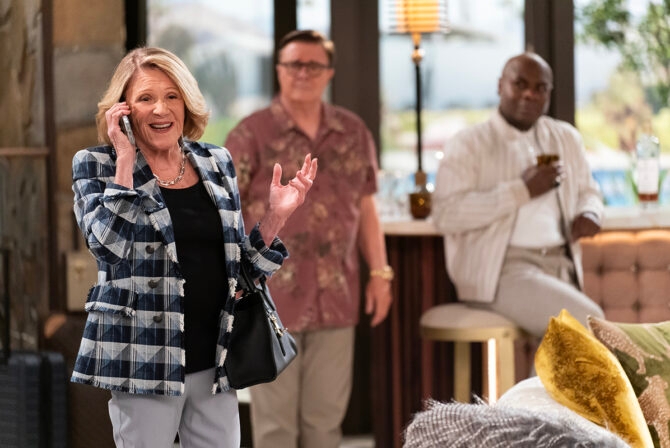As part of our month-long series dedicated to Jewish Disability Awareness Month, Sally shares how a Jewish Day Camp diligently worked to make sure her daughter with special needs could attend and thrive.
“Ah-lay-ah-chickee-changa.” This cheer, from Ramah Day Camp in Nyack, New York, is heard often in our home, taught to us by Adi, our 7-year-old daughter.
Adi, who has sufficient speech and language delays and sensory issues to warrant attending a special education school, attended Camp Ramah last summer and experienced one of the highlights of her life so far. Her experience at Camp Ramah, with typical children in a typical edah (unit), was also a highlight for us because her joy was infectious. She was receiving the Jewish education we desire for her–skills, knowledge, and a sense of belonging in a community where Judaism in integral, joyful, and awe-inspiring.
This experience is not one we take for granted. Adi is a wonderful, happy, and inquisitive child who, quite honestly, couldn’t be successful in any existing dual-language Jewish day school, so we never really considered this option. However, we want her to be a knowledgeable Jew who knows that her participation in the Jewish community matters.
During the year she attends our synagogue’s afternoon Hebrew school with typical kids, and we supplement this with another weekly afterschool chug (playgroup) in our home taught by an immensely talented artist and teacher. For example, last semester they spent their time together learning the Biblical creation story and making a book together that told the story in Adi’s pictures and words. The culminating event was a reading for friends and family that, like a traditional siyyum (when you finish learning a book of Torah), was a celebratory event with a special meal.
But what about the summers? Friends had recommended Camp Ramah in Nyack, where their typical children were very happy. So my partner and I decided to give it a try. We explained Adi’s needs in brief when we filled out the regular camp forms, but we didn’t think much more about it until the amazing staff at Camp Ramah called. The issues we didn’t describe in detail then, but with the help of the Camp Ramah staff we now realize are relevant, are that her sensory issues sometimes cause her to be hesitant about new playground and pool experiences and that her speech and language issues sometimes cause word-retrieval to be difficult, resulting in the need for patience from staff and campers.
The first person who reached out to us was Rabbi Ami Hirsch, the Camp’s Assistant Director. He was kind, thoughtful, and sounded totally unfazed by our description of Adi. Ami made sure that another camp staff person called us: Orlee Krass, who is also the Director of Education for Matan. We had a more detailed conversation with Orlee, Ramah Nyack’s full-time special educator, who was full of suggestions. She invited us to visit during the first session so that Adi could see the grounds before she started camp. She spoke with Adi’s unit leaders and thought about where to place Adi. She made an incredible “social storybook” for Adi, focused on what I had said was one of Adi’s main concerns–swimming–and the book was waiting for Adi on the day of our visit.
Here is my letter to Orlee after that day:
This book is SO wonderful for Adi. I showed her the online version before camp and then we read the laminated version three times (so far) when we got home.
Today was such a great day for Adi. I really can’t thank all of you enough. When we were leaving, Adi said, “But I don’t want to leave Camp Ramah.”
All of your efforts so far have been filled with wisdom and kindness. My guess is that this is a harbinger of a great camp experience for Adi.
And I was right. Adi had an amazing summer at Camp Ramah and she became more and more comfortable, not just with swimming, but with all things–including all things Jewish. The bridge was a “gesher,” cooking was “bishul,” and her unit was her “edah.” Just yesterday we were at a gathering where Hatikvah (the Israeli national anthem) was being played and she said “I used to hear that at Ramah every day.”
Our family has planned our upcoming summer around Adi returning to Camp Ramah. The camp’s intentionality about everything it does–including having special needs educators on staff–is something I wish for every institution. They truly are our partners in our daughter’s summer and I am indebted to them for including us–and Adi–in the Jewish community.
This post is part of a joint series with Kveller & Matan during February’s Jewish Disability Awareness Month. Through advocacy, education and training opportunities Matan empowers the Jewish community to include children with special needs. For more information For more information, visit their website.
Like this post? Get the best of Kveller delivered straight to your inbox.







